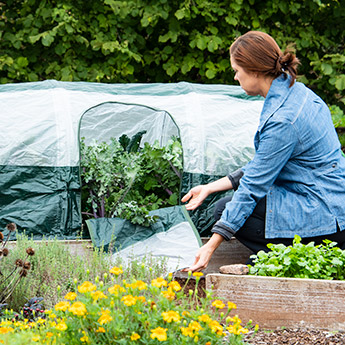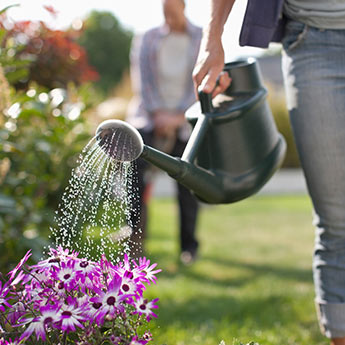The Healing Power of Hibiscus
-
Helpful Products from Gardens Alive!
-
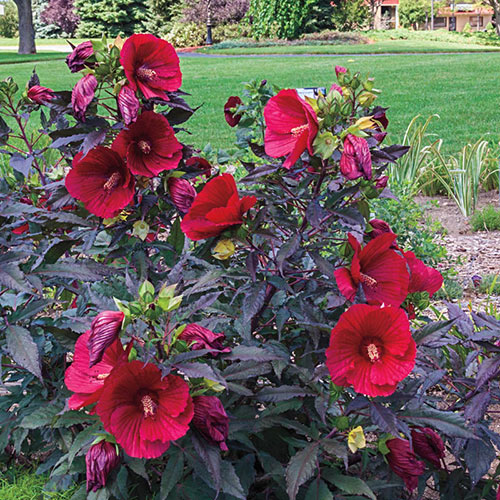 Midnight Marvel Hibiscus Plant
Midnight Marvel Hibiscus Plant
Pharmacists Joe and Theresa Gradeon are the faces behind The People's Pharmacy--a series of books, syndicated newspaper columns, a popular website, and of course, a Podcast.
Their specialty is helping people understand the risks and benefits of prescription medicines. But they also delve into the potential effectiveness of 'home remedies'. (If you've been advised to sleep with a bar of soap between the sheets to ease nighttime leg cramps, it probably originated with them.)
A recent edition of their online newsletter featured an interview with {quote} "America's Pharmacist, Suzy Cohen", about the medical effectiveness of certain botanicals, especially hibiscus to lower blood pressure.
There are many cultivars of this beautiful and useful plant. Most are tropical and sub-tropical varieties that are grown indoors in winter in cooler climes. Although not native to the US, they are excellent pollinator plants, attracting all sorts of bees and butterflies. They're also a favorite pollen and nectar source for hummingbirds. They come in a wide array of flower colors, with red being the favorite.
There are also varieties of hardy hibiscus, like "Rose of Sharon", which survives Northern winters outdoors without protection, but blooms very late in the season. Although pollinators love it (probably BECAUSE it blooms so late in the season, when other food is scarce) it is classified as invasive because it can spread via seed. (A problem I have not encountered.)
Each individual flower blooms for only one day, so if you intend to harvest them for medicinal use, pick them first thing in the morning, when they will have the richest phytochemical component. (It also keeps nearby walkways and tables clean of dropped flowers.) All sources agree that all parts of the plant are edible, so go ahead and use the flowers, leaves, whatever.
BUT--and this is a big but--do not use any type or form of hibiscus if you are pregnant, plan to become pregnant, or recently gave birth. Animal studies strongly suggest that hibiscus can negatively affect pregnancies and have unwanted effects on menstruation. But that is the ONLY medical caution I could uncover in over a hundred medical studies. (Yes, I researched this more deeply than any sane person should.)
(No comments please; at my age, I'm not even a moving target.)
Following links embedded in the People's Pharmacy's coverage, I found the article Physiological Effects and Human Health Benefits of Hibiscus sabdariffa: A Review of Clinical Trials" , published in the April 2022 issue of the journal "Pharmaceuticals"; available through the National Library of Medicine, a service of the National Institutes of Health, and PubMed Central. This beast of an article compiles information from 141 clinical studies, most of which I either read or at least scanned. I now condense the findings.
First off, hibiscus has {quote} "great gut availability", meaning that it is well-absorbed when taken orally as a supplement, tea, flowers and other fresh plant material. It's clinically confirmed abilities are:
I was a medical writer for decades before moving to organic gardening, often specializing in studies of natural healing and botanical remedies. This is the first article that has led me to action. I am now drinking an organic tea from Egypt, each bag containing 2000 mg of dried hibiscus flowers.
Their specialty is helping people understand the risks and benefits of prescription medicines. But they also delve into the potential effectiveness of 'home remedies'. (If you've been advised to sleep with a bar of soap between the sheets to ease nighttime leg cramps, it probably originated with them.)
A recent edition of their online newsletter featured an interview with {quote} "America's Pharmacist, Suzy Cohen", about the medical effectiveness of certain botanicals, especially hibiscus to lower blood pressure.
There are many cultivars of this beautiful and useful plant. Most are tropical and sub-tropical varieties that are grown indoors in winter in cooler climes. Although not native to the US, they are excellent pollinator plants, attracting all sorts of bees and butterflies. They're also a favorite pollen and nectar source for hummingbirds. They come in a wide array of flower colors, with red being the favorite.
There are also varieties of hardy hibiscus, like "Rose of Sharon", which survives Northern winters outdoors without protection, but blooms very late in the season. Although pollinators love it (probably BECAUSE it blooms so late in the season, when other food is scarce) it is classified as invasive because it can spread via seed. (A problem I have not encountered.)
Each individual flower blooms for only one day, so if you intend to harvest them for medicinal use, pick them first thing in the morning, when they will have the richest phytochemical component. (It also keeps nearby walkways and tables clean of dropped flowers.) All sources agree that all parts of the plant are edible, so go ahead and use the flowers, leaves, whatever.
BUT--and this is a big but--do not use any type or form of hibiscus if you are pregnant, plan to become pregnant, or recently gave birth. Animal studies strongly suggest that hibiscus can negatively affect pregnancies and have unwanted effects on menstruation. But that is the ONLY medical caution I could uncover in over a hundred medical studies. (Yes, I researched this more deeply than any sane person should.)
(No comments please; at my age, I'm not even a moving target.)
Following links embedded in the People's Pharmacy's coverage, I found the article Physiological Effects and Human Health Benefits of Hibiscus sabdariffa: A Review of Clinical Trials" , published in the April 2022 issue of the journal "Pharmaceuticals"; available through the National Library of Medicine, a service of the National Institutes of Health, and PubMed Central. This beast of an article compiles information from 141 clinical studies, most of which I either read or at least scanned. I now condense the findings.
First off, hibiscus has {quote} "great gut availability", meaning that it is well-absorbed when taken orally as a supplement, tea, flowers and other fresh plant material. It's clinically confirmed abilities are:
- 'Neuroprotective'; meaning {quote} "the ability to prevent (brain) cell death by intervening in and inhibiting the pathogenetic cascade that results in cell dysfunction and eventual death". We're talking conditions like traumatic brain injury, Parkinson's, and Alzheimer's. The amount studied was 500 mg of hibiscus per kilogram (2.2 pounds) of weight.
- High Blood Sugar & diabetes: improved insulin resistance at between 100 and 300 mg/kg of hibiscus when studied for 28 days (two different studies). Proved equal to metformin when taken at a daily dose of 100 mg/kg.
- Obesity and high cholesterol: a daily dose of 200 mg per kg lowered total cholesterol and raised HDL (the 'good' cholesterol).
- Liver protectant. 25 to 50 mg/kg proved effective in one study; 100 to 200 mg/kg in another.
- Perhaps most impressive (and most frequently cited) were the results when blood pressure control was studied. One study tested two daily cups of 'sour tea' (a traditional hibiscus beverage in many parts of the world). Systolic blood pressure was lowered from 180 to 150; but that was a single-person study. A larger one with 46 recipients also showed significant results when they drank two cups of 'sour tea' (morning and evening).
- More on BP: A larger study showed that two mg of hibiscus daily lowered blood pressure in people who were not even hypertensive! Another showed that hibiscus is also an ACE inhibitor, with significant positive results in 50 subjects after 28 days of use.
- BP Supplements: two daily hibiscus capsules at 320 mg each showed positive medical results after 28 days. Another study found that two 375 mg capsules daily proved better than the prescription med captopril at lowering BP.
- Plus: Anti-ulcer; breast cancer preventative; cardioprotective (heart health); natural antibiotic; natural anti-fungal & anti-bacterial.
I was a medical writer for decades before moving to organic gardening, often specializing in studies of natural healing and botanical remedies. This is the first article that has led me to action. I am now drinking an organic tea from Egypt, each bag containing 2000 mg of dried hibiscus flowers.
-
Helpful Products from Gardens Alive!
-
 Midnight Marvel Hibiscus Plant
Midnight Marvel Hibiscus Plant

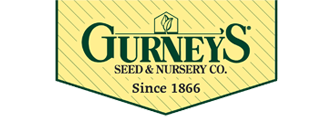



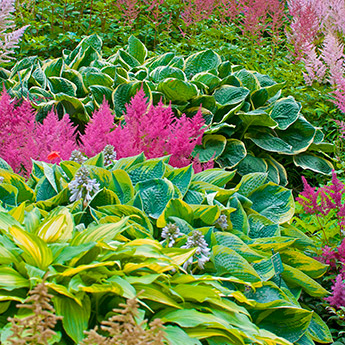
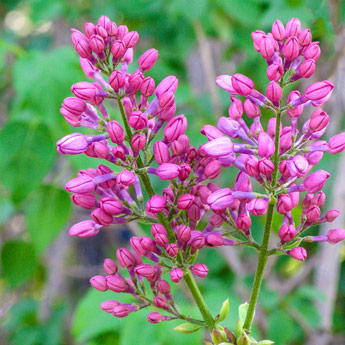
 Gardens Alive! & Supplies
Gardens Alive! & Supplies